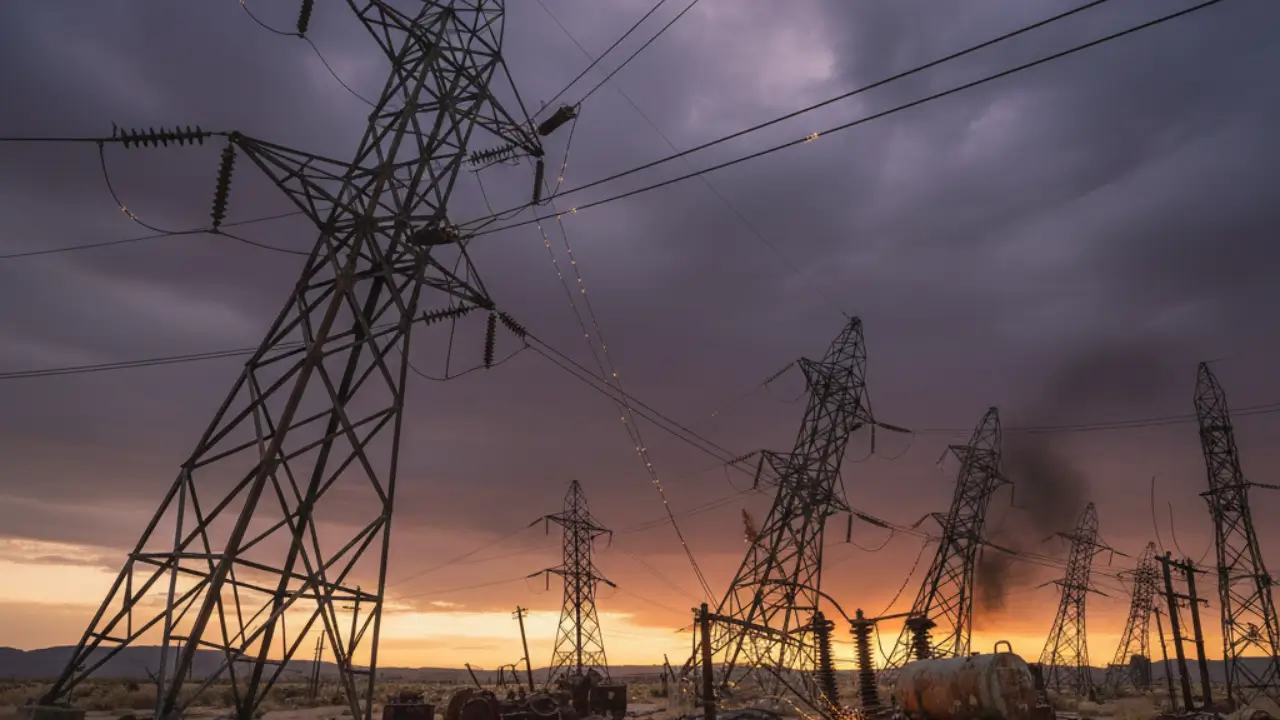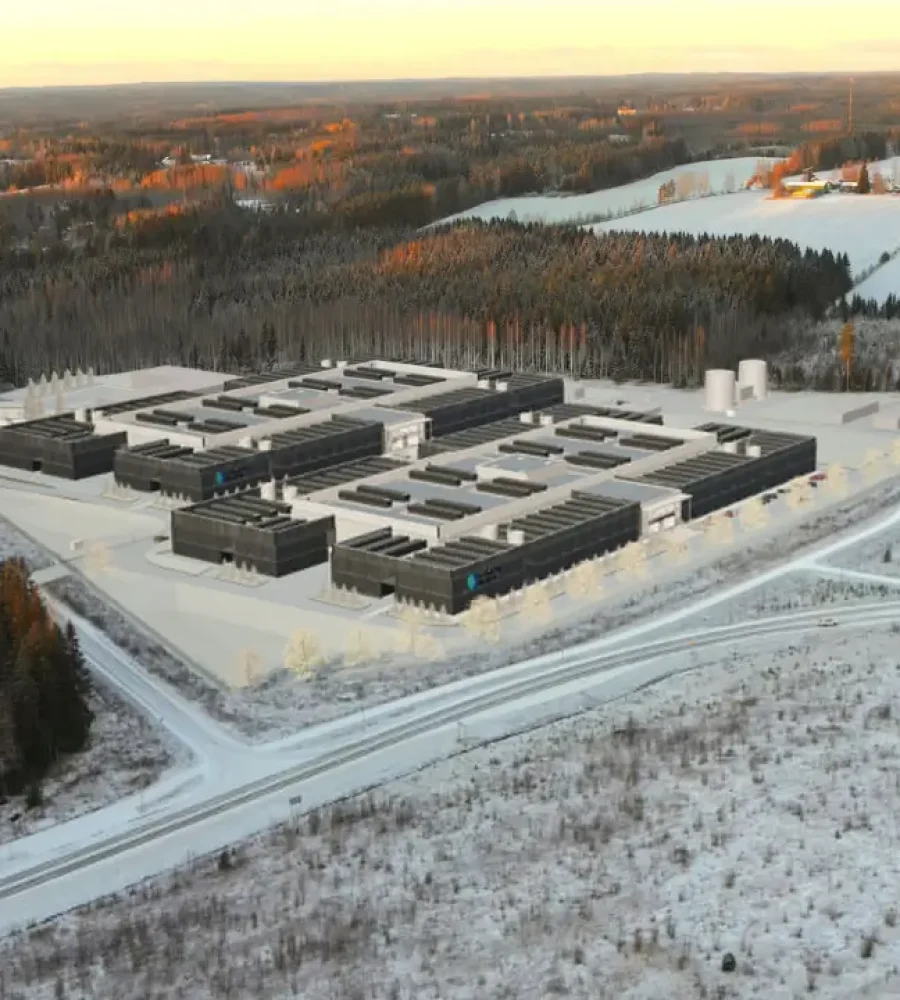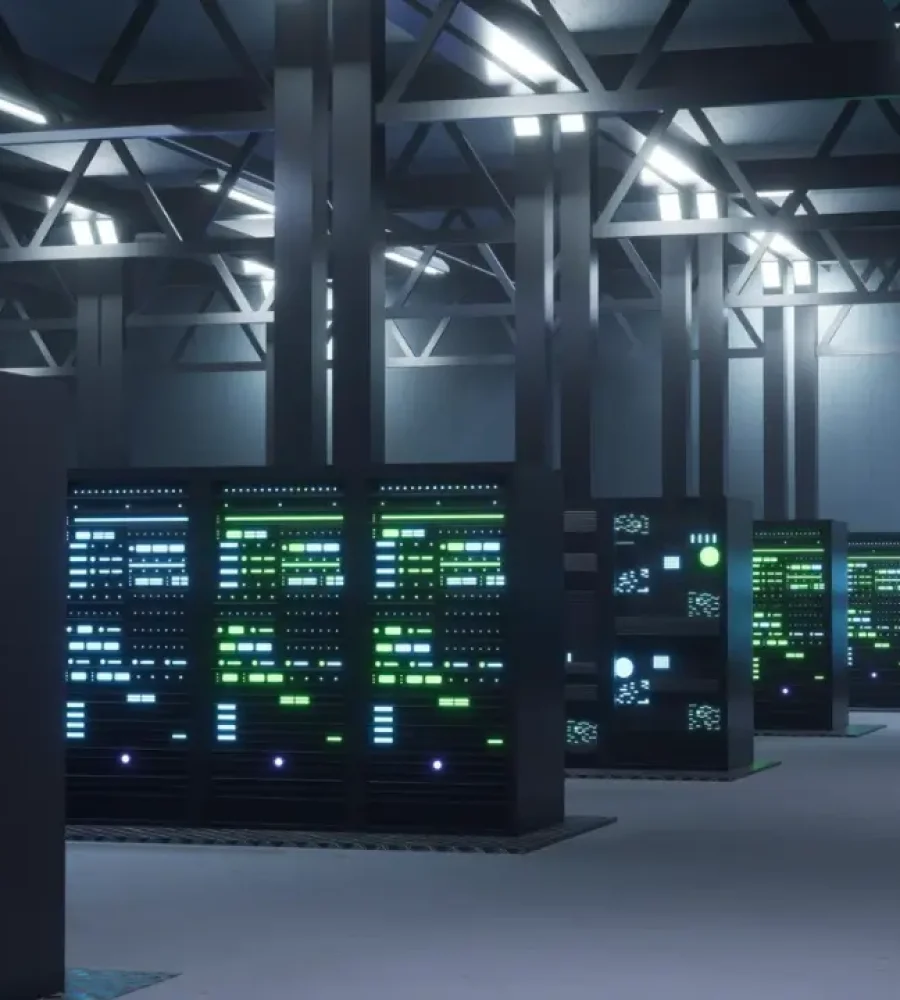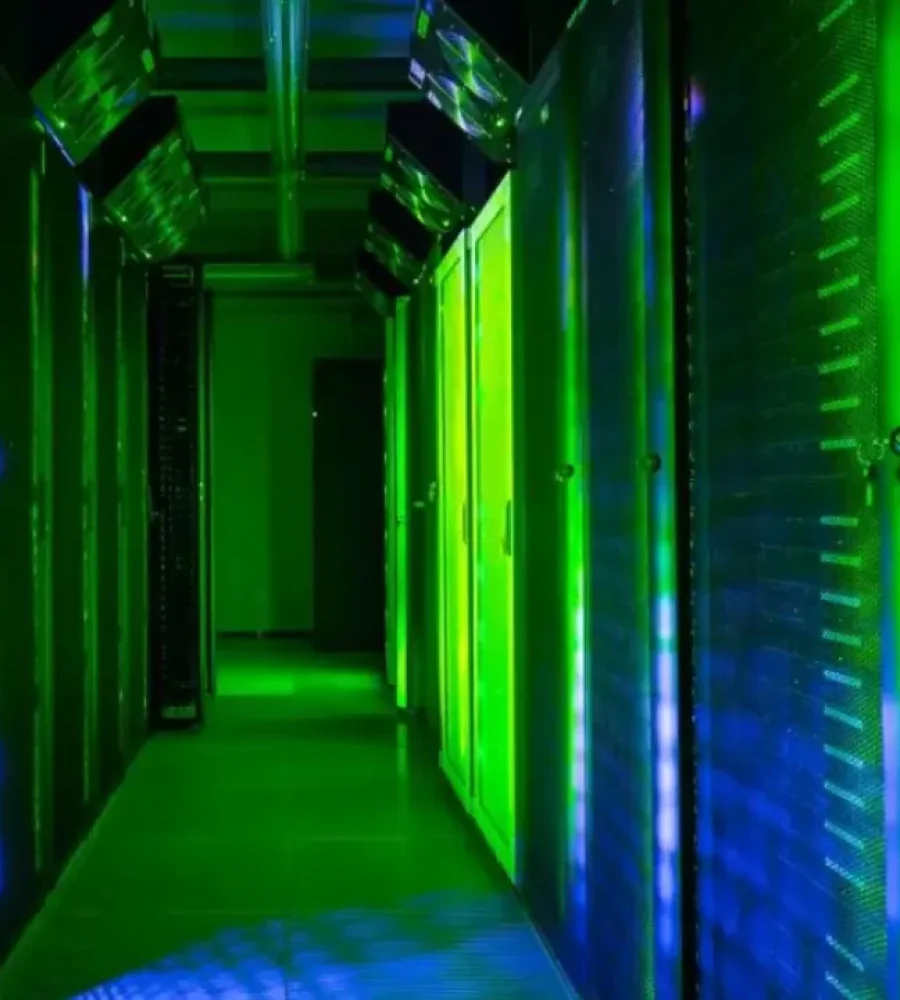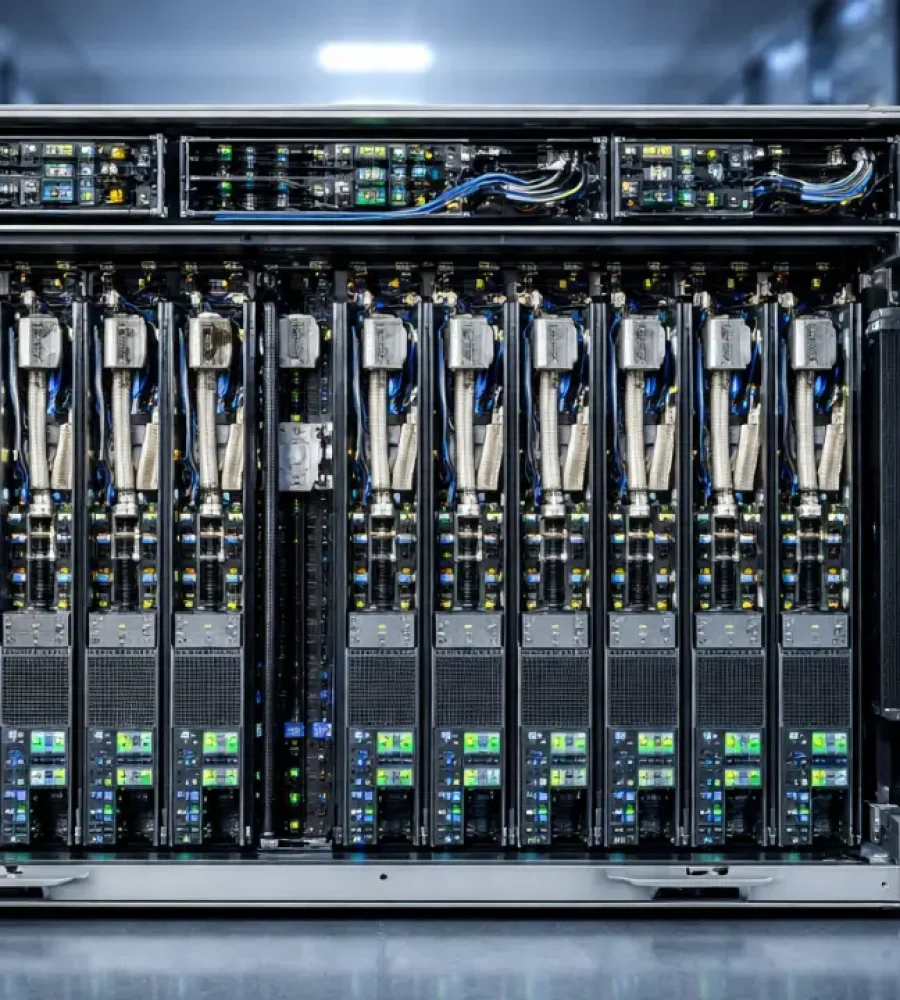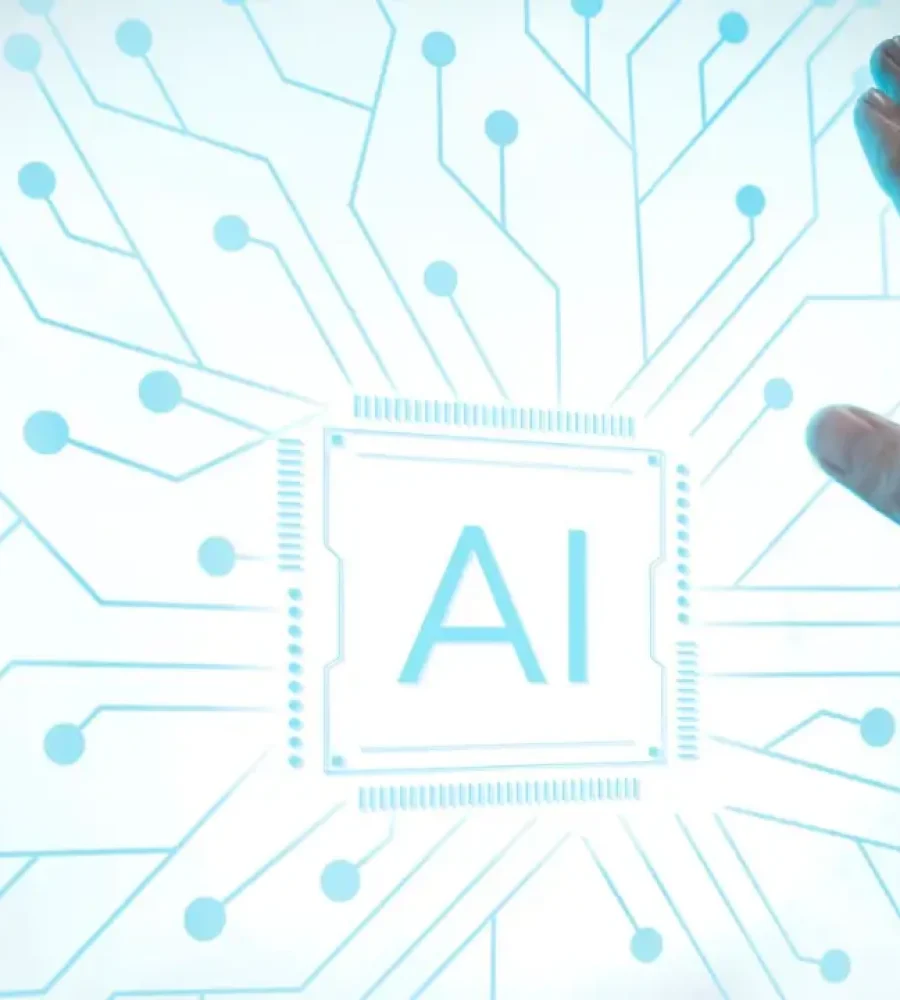Recent findings indicate that over 70% of respondents in the energy sector regard digital technologies, most notably AI and grid software, as fundamental enablers of the clean energy transition. These solutions facilitate renewable integration, support electrification, and enhance efficiency to reduce reliance on fossil fuels.
The Siemens Infrastructure Transition Monitor 2025, based on a survey of 1,400 senior executives, reports that 59% of energy leaders plan substantial investments in autonomous grid systems, while 68% say these technologies are critical for reducing emissions. Nearly three-quarters (72%) expect AI to fundamentally change their operations within the next three years, and 74% believe it is already strengthening the resilience of critical infrastructure.
Executives cited lower operating costs, improved energy efficiency, and enhanced reliability as the most likely outcomes of increased grid autonomy.
Although the 2025 findings show clear progress in phasing out fossil fuels and scaling energy storage and renewable capacity compared to the 2023 report, Siemens notes that significant room for improvement remains.
Over half of companies in the energy sector (58 percent) say uncertainty about future energy system design is delaying investment in clean energy technologies. And, while 65 percent agree that electrification is the most feasible way to achieve net zero energy systems, 73 percent report that it is being held back by inadequate grid infrastructure.
Sabine Erlinghagen, CEO of Siemens Grid Software, said: “Outdated grid infrastructure poses a serious threat to the clean energy transition. By harnessing digital technologies to move towards autonomous grids, it is possible to boost grid capacity, ensuring its reliability and resilience. To that end, regulation must also keep pace with digitalization and innovation – ensuring that our energy systems are equipped to meet the demands of a clean energy future.
The Siemens Infrastructure Transition Monitor 2025 is a biennial study commissioned by Siemens, surveying 1,400 senior executives and government representatives in 19 countries across energy, buildings and industries.


